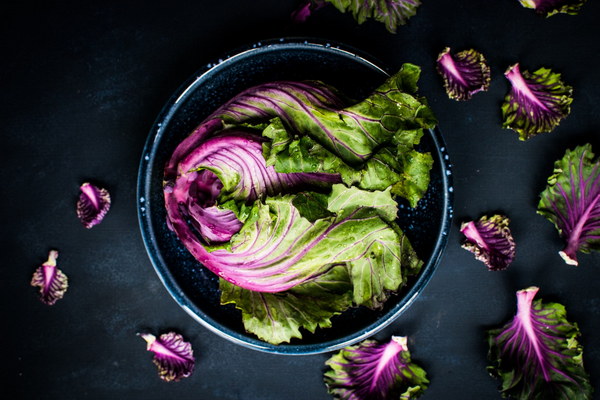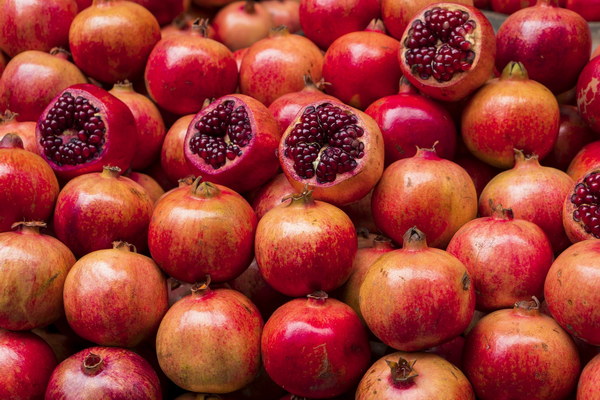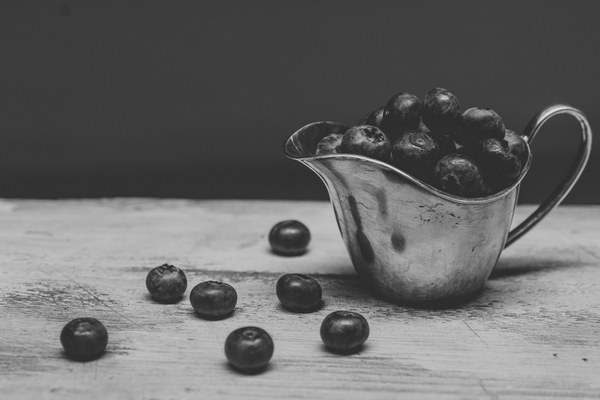Unveiling the Liver-Protecting Compounds in Mulberries A Comprehensive Insight
Introduction:
Liver health is paramount for overall well-being, and the search for natural remedies has never been more prevalent. Mulberries, with their sweet and tangy taste, have been long revered for their health benefits. Recent studies have highlighted the presence of liver-protecting compounds in mulberries, making them a natural choice for those looking to safeguard their liver health. In this article, we delve into the key components that contribute to mulberries' liver-protective properties.
1. Flavonoids:
Flavonoids are a class of plant compounds that have been extensively studied for their health benefits. Mulberries are rich in various flavonoids, including rutin, quercetin, and kaempferol. These compounds have been found to exhibit antioxidant and anti-inflammatory properties, which can help protect the liver from oxidative stress and inflammation-induced damage.
2. Phenolic Acids:
Phenolic acids, another class of bioactive compounds found in mulberries, have been shown to possess liver-protective effects. These compounds include gallic acid, ellagic acid, and chlorogenic acid. They have been found to inhibit the production of reactive oxygen species (ROS), thereby preventing liver damage caused by oxidative stress.
3. Anthocyanins:
Anthocyanins, the pigments responsible for the vibrant red, purple, and blue colors of mulberries, are also crucial in their liver-protective properties. These compounds have been found to possess strong antioxidant and anti-inflammatory properties, which can help mitigate liver damage and enhance liver function.

4. Choline:
Choline is an essential nutrient that plays a vital role in liver health. It helps in the synthesis of bile acids, which are crucial for fat digestion and absorption. Mulberries are a rich source of choline, making them an excellent choice for those looking to support their liver's fat-processing capabilities.
5. Triterpenoids:
Triterpenoids are a group of compounds that have been found to exhibit liver-protective effects. They include oleanolic acid and betulinic acid, which have been shown to inhibit the activation of hepatic stellate cells, thereby preventing liver fibrosis. These compounds also possess anti-inflammatory properties, which can help reduce liver inflammation and improve liver function.
6. Amino Acids:
Mulberries are an excellent source of essential amino acids, such as arginine, lysine, and histidine. These amino acids play a crucial role in the synthesis of proteins, which are essential for liver function. By providing these amino acids, mulberries can help maintain liver health and support the body's ability to repair damaged liver cells.
Conclusion:
In conclusion, mulberries offer a treasure trove of liver-protecting compounds that can help safeguard your liver health. From the powerful antioxidants to the essential nutrients, mulberries provide a natural and effective way to support liver function. Incorporating mulberries into your diet can be a simple and delicious way to promote liver health and well-being. However, it is always advisable to consult with a healthcare professional before starting any new dietary supplement or regimen.









